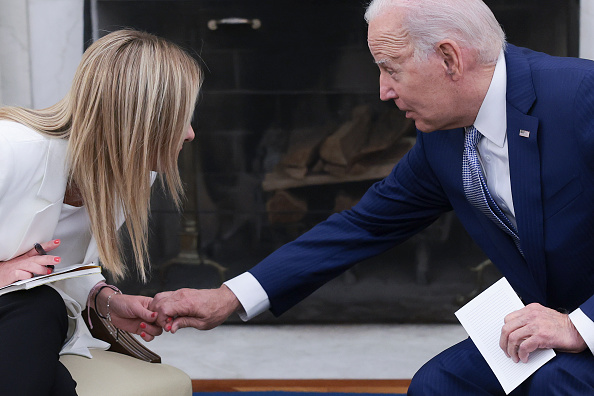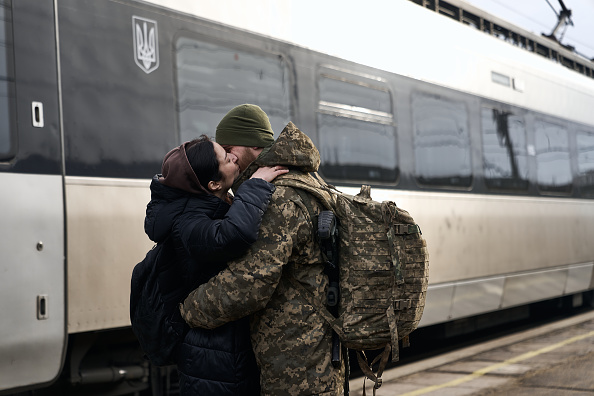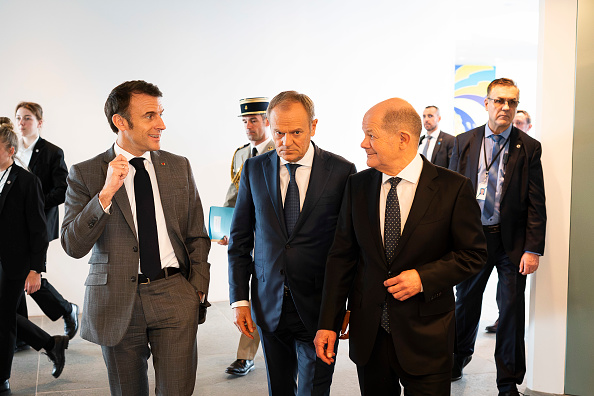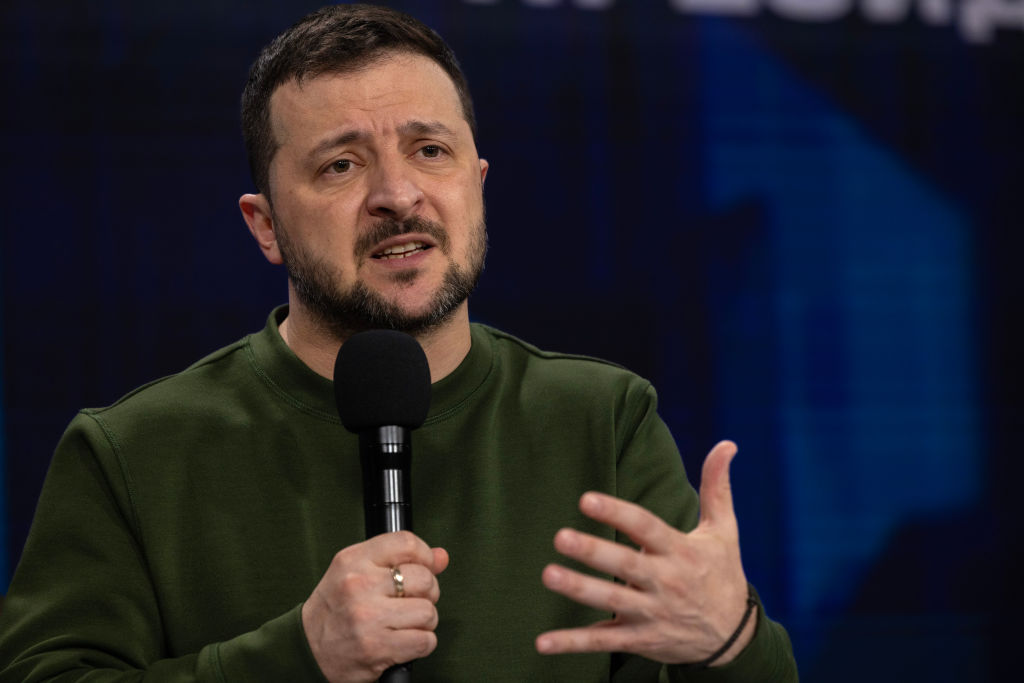Lithuania’s Prime Minister Ingrida Šimonytė said she had parliamentary permission to send Lithuanian soldiers to Ukraine for training purposes, if Kyiv asked for her to do so.
Šimonytė is one of a small but growing number of European leaders to give cautious support to French President Emmanuel Macron’s suggestion that Europe could send troops to Ukraine – particularly if the war starts to go badly for Kyiv.
While not involving troops, Ukraine had the UK’s permission to use British-supplied weapons against targets inside Russia, UK foreign secretary Lord Cameron said May 1.
Lithuania and other countries sending troops to Ukraine for training purposes “could be a first step in president Macron’s initiative”, Lithuania’s foreign minister Gabrielius Landsbergis confirmed to British newspaper The Guardian on May 9, during a London visit.
“Lithuania will be a part of any coalitions that will help Ukraine win,” vowed Landsbergis, speaking on BBC World Service‘s HardTalk programme on May 8.
Macron had told reporters on February 27 that sending European troops to Ukraine “could not be ruled out”, and Europe needed to “do everything needed so Russia cannot win the war”.
Moscow announced on May 6 it would hold tactical nuclear weapons drills, after “provocative statements and threats of certain Western officials”.
Šimonytė acknowledged, but dismissed, Russian threats of possible nuclear escalation due to increasing Western support.
“If we just thought about the Russian response, then we could not send anything. Every second week you hear that somebody will be nuked,” Šimonytė told the UK newspaper Financial Times‘s Andrew Bounds on May 8.
“Most of the time the winds blow from West to East,” she added.
“Putin has threatened to use nuclear weapons many times, but it’s always a bluff. He has nothing to gain from nuclear war, he has everything to lose. When his empty threats make us back down, he escalates anyway. Every time. That’s the reality of de-escalation”, added Landsbergis.
Also in Lithuania, President Gitanas Nausėda met European Commission President Ursula von der Leyen on May 8 in Vilnius to mark the 20th anniversary of Latvia joining the EU.
Landsbergis used the meeting as an opportunity to bring up Kyiv.
The EU “is still incomplete, and we must do everything we can to ensure that Ukraine, Moldova, Western Balkan countries, and Georgia join us as soon as possible”, he said.
“Lithuania is ‘all in’ when it comes to support for Ukraine’s victory,” said William Simpson, a former Royal Air Force officer and now military historian.
Vilnius is “NATO’s closest capital city to Minsk, Kyiv, and Moscow,” and the Baltic countries worry they could be Russia’s next targets after an at least partial victory in Ukraine, he said.
The “territory captured by Russia in Ukraine during the first few weeks of its full-scale 2022 invasion is equivalent to more than half of the territory of the Baltic States – Lithuania, Latvia, and Estonia”, added Simpson.
There are about 200 Lithuanian companies operating in Ukraine, the same number as before the war, Lithuania’s Ambassador to Ukraine Valdemaras Sarapinas said, while criticising EU companies that had chosen to remain in Russia.





